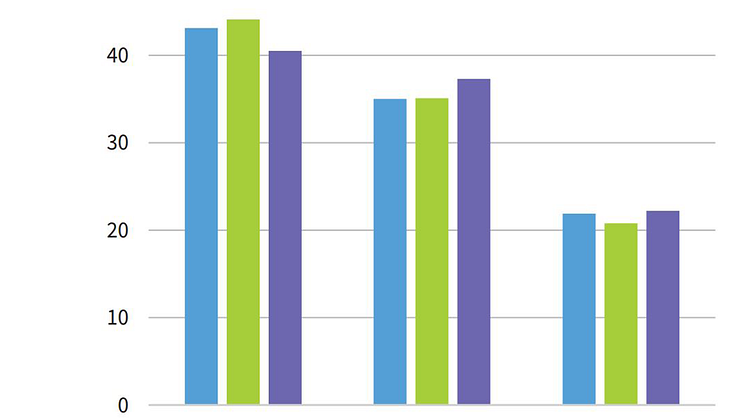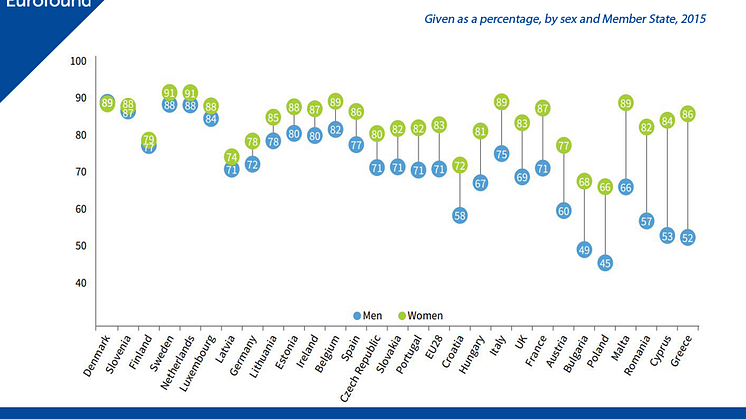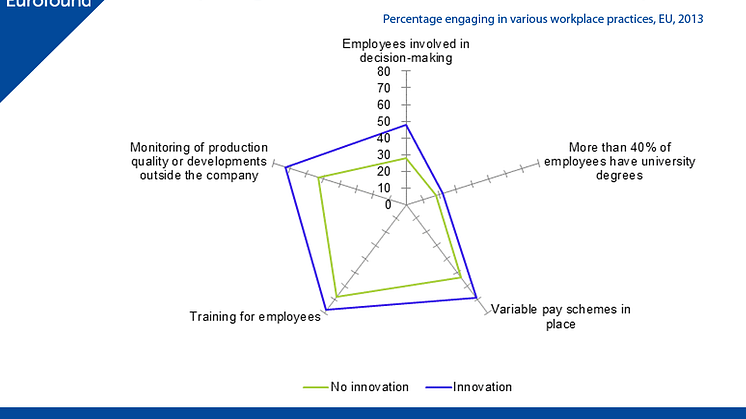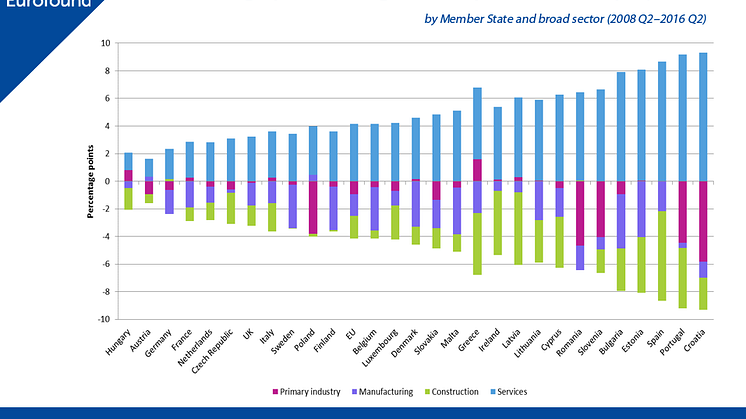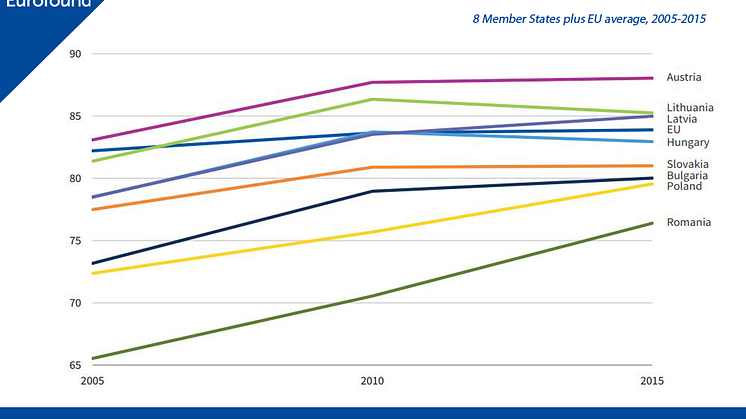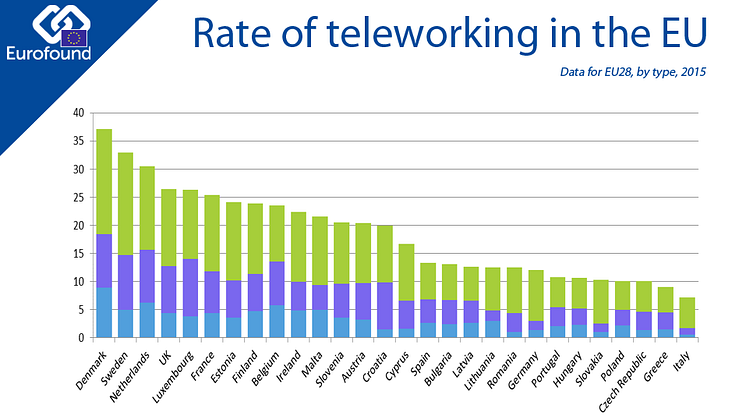
News -
Is teleworking taking off?
Smartphones and mobile technologies are increasingly important in our everyday lives; by expanding opportunities to telework, have they also transformed the world of work?
One of the promises held out by the ICT revolution was that anyone who could do their tasks using a computer and a phone would be able to work from home, avoiding the stressful commute and the distractions of the workplace. ‘Telework’ entered the workplace vernacular and progressive employers put the policies in place to implement it. Telework became feasible around the same time as consensus was rising about the desirability of maintaining a work–life balance, and it fitted neatly in the toolbox of measures to help people reconcile the demands of work and home life. But a backlash came as prominent companies such as Yahoo! and IBM had a change of mind and decided to restrict or completely ban staff from teleworking. They argued that it interfered with spontaneous interaction and sharing of ideas between employees, stifling opportunities for development and innovation.
So how much impact has telework had on the world of work? Not much. While take-up has picked up in the past five years, just 3% of workers work regularly from home. A further 5% are highly mobile workers who work from several locations (including home) regularly, while 10% telework occasionally from various locations but with much lower mobility than the highly mobile group.
Its reach into the workplace varies markedly across Member States, being more widespread in Scandinavia and much less so in eastern European countries, Greece and Italy. The extent of ICT spread and internet connectivity as well as the national work culture and economic structure influence its adoption in different countries.
In part, the ability to telework is restricted by the nature of one’s work. It is a viable option for those who can work independently and whose use of ICT is high; hence its greater prevalence among knowledge workers. Teleworkers are often professionals and managers; substantial numbers of clerical workers rank among them, too, while sales representatives are common in the highly mobile group. On the other hand, it is not feasible for many lower-skilled jobs that require a fixed workplace – machine operators or shop assistants, for example. For these reasons, too, telework is less common in manufacturing and retail and more common in ICT, financial services and services in general.
- Read more about the digital age in Europe: Living and working in Europe 2017



